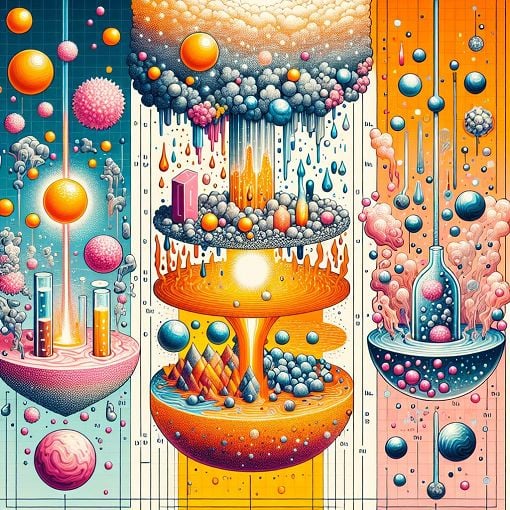Practice Questions on Matter
{"name":"Practice Questions on Matter", "url":"https://www.quiz-maker.com/QPREVIEW","txt":"Test your understanding of the properties and phase changes of matter with our engaging quiz! This quiz is designed to challenge your knowledge with questions that cover various aspects of solids, liquids, gases, and their transformations. Key Features: Multiple choice questions and matching tasks Explore kinetic molecular theory concepts Learn about phase changes like sublimation, deposition, and more","img":"https://cdn.poll-maker.com/104-5105584/img-cqshnvknqmwqqrdaaqoquofk.jpg"}
More Quizzes
CHEMISTRY
1586
KINETIC MOLECULAR THEORY
10556
Debs' Welsh-themed team quiz
10514
Lesson one unit one
10519
Am I Ugly? Free for Honest Self‑Assessment
201020941
Ruler - Free Fractional Inch Reading Practice
201020941
Dana Loesch Husband - Test Your Knowledge (Free)
201020365
Which Is Not an Algebraic Spiral? Spot the Outlier
201019727
Basic Nursing - Free Fundamentals Practice for RNs
201021691
Job for Kids - Find Your Best Career Match Free
201021957
Your Cartoon Twin - Which Character Are You?
201020146
Fundamentals of Nursing: Oxygenation (Free)
201026391
